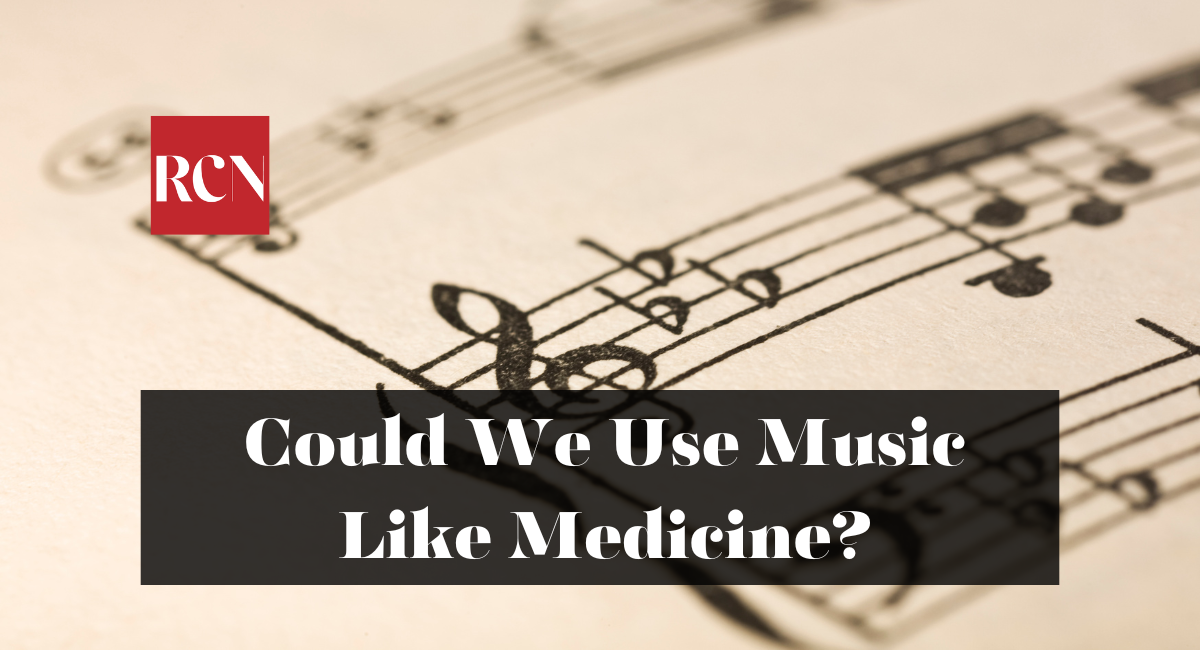The power of music is undeniable — it can uplift our moods, bring back fond memories, and even help us focus. But can it go beyond these immediate effects and serve as a form of medicine? The idea is not entirely new; music therapy has been an area of interest for decades. However, as we gain a deeper understanding of the brain and human psychology, the question takes on a more complex and potentially promising dimension. Could we be on the brink of using music like medicine for various ailments? Let’s explore.
The Science of Music and Emotion
Music has a profound impact on our emotional state, and this is not just anecdotal evidence. Research in neuroscience and psychology has revealed that listening to music can trigger the release of hormones such as dopamine, which is associated with pleasure and reward.
How It Works:
- Frequency and Rhythm: Different frequencies and rhythms interact with our brain waves, potentially altering our emotional state.
- Hormonal Release: Dopamine, serotonin, and even adrenaline can be released when we listen to music, affecting our mood and physiological state.
Why It Matters:
Understanding the scientific basis of how music affects us emotionally could pave the way for its medicinal use. By targeting specific brain pathways, we might be able to alleviate symptoms of depression, anxiety, and even pain.
Music Therapy in Clinical Settings
Music therapy is already applied in various healthcare settings, from helping children with developmental disorders to aiding patients in post-stroke recovery.
How It’s Done:
- Tailored Programs: A music therapist assesses an individual’s needs and preferences before tailoring a program that could include listening to music, creating music, or even moving to music.
- Emotional Catharsis: Many people find that expressing themselves through music can lead to emotional release, thus providing a form of psychological relief.
Why It Matters:
The clinical application of music therapy is evidence that music can be used for more than just recreational purposes. Its efficacy in treating certain conditions serves as a foundation upon which to expand its medicinal use.
Technological Advancements and Personalized Medicine
The surge in AI and machine learning opens up new possibilities for personalized musical prescriptions. Imagine having an app that curates a playlist based on your medical needs.
How It Could Work:
- Data Collection: Wearables and smartphones could collect data on your physiological responses to different types of music.
- Algorithmic Curation: Based on the collected data, an algorithm could create a personalized playlist designed to treat specific ailments or emotional states.
Why It Matters:
Personalized medicine is the future, and integrating technology could make music a part of this future, offering custom solutions to individual health concerns.
Ethical Considerations and Challenges
As with any form of treatment, using music as medicine brings up ethical considerations. For instance, should it be regulated? Would it require a prescription?
Concerns to Address:
- Standardization: Without standardized guidelines, it could become challenging to assess the effectiveness and safety of musical treatments.
- Accessibility: How would we ensure that everyone has access to this form of treatment, especially if it becomes commercialized?
Why It Matters:
Navigating these ethical challenges is crucial for the responsible development and application of music as a form of medicine.
Current Research and Future Directions
Several ongoing research projects are focusing on the therapeutic benefits of music. While most are in early stages, they offer a glimpse into the potential for using music in ways we have not yet imagined.
Examples:
- Music and Alzheimer’s: Studies are examining how music can trigger memory recall in Alzheimer’s patients.
- Pain Management: Preliminary research suggests that listening to music could reduce the perception of pain, possibly providing an alternative to pharmaceutical options.
Why It Matters:
These research projects could be the key to unlocking a new frontier in medicine, where we integrate the arts and sciences for more holistic treatment options.
Bottom Line
Could we use music like medicine? While we may not be ready to replace traditional medicine with musical notes just yet, the evidence strongly suggests that music has untapped therapeutic potential that extends beyond mere entertainment. The synergy of science, technology, and art could lead us to a future where our playlists are not just personalized to our taste, but also to our well-being. However, realizing this future would require navigating ethical challenges and investing in comprehensive research. As science continues to explore this fascinating frontier, one thing is certain: the potential for music to heal is an exciting prospect worth tuning into.
Read more: What Music Streaming Service Has The Best Quality?








